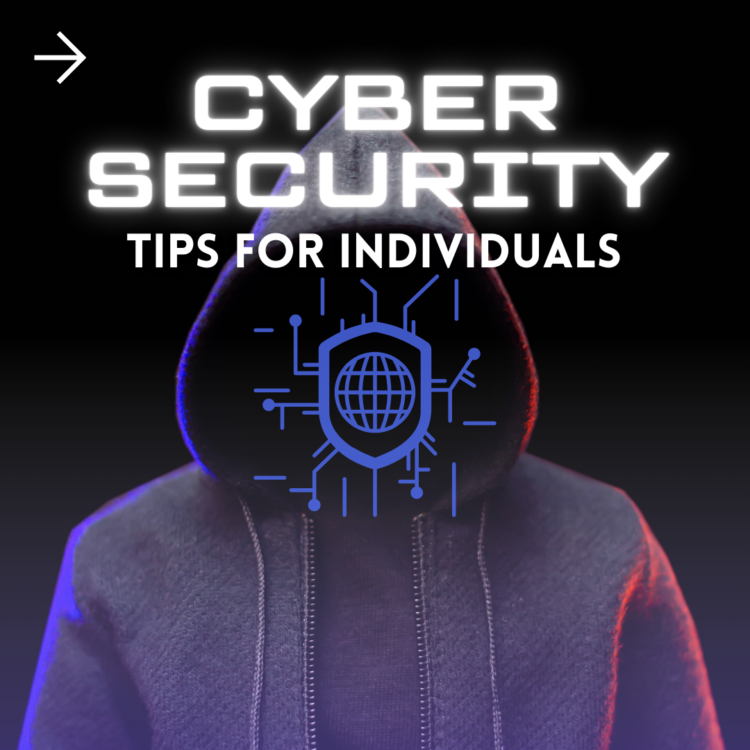In an increasingly interconnected world, where our lives are intertwined with digital technologies, cybersecurity has become paramount. Individuals store vast amounts of personal information online, making it crucial to adopt proactive measures to protect against cyber threats. In this blog, we’ll explore practical cybersecurity tips that individuals can implement to fortify their digital defenses and navigate the online landscape safely.
1. Use Strong, Unique Passwords
Passwords are the first line of defense against unauthorized access. Create strong and unique passwords for each online account. Incorporate a mix of uppercase and lowercase letters, numbers, and symbols. Avoid using easily guessable information such as birthdays or names.
2. Enable Two-Factor Authentication (2FA)
Two-factor authentication adds an extra layer of security by requiring a second verification step, typically a code sent to your mobile device. Enable 2FA whenever possible, especially for email, social media, and financial accounts, to enhance your account’s resilience against unauthorized access.
3. Keep Software and Operating Systems Updated
Regularly update your software, operating systems, and applications. Software updates often include security patches that address vulnerabilities. Enable automatic updates when available to ensure you are protected against the latest threats.
4. Be Cautious with Emails and Phishing Attempts
Exercise caution when receiving emails, especially those requesting sensitive information or containing unexpected attachments or links. Be skeptical of unexpected emails, and avoid clicking on links or downloading attachments from unknown sources. Verify the legitimacy of emails, especially those requesting personal or financial information.
5. Use Secure Wi-Fi Connections
Secure your home Wi-Fi network with a strong, unique password. Avoid using default router passwords and enable WPA3 encryption if supported. Public Wi-Fi networks, such as those in coffee shops or airports, should be used cautiously. Consider using a Virtual Private Network (VPN) for added security when connecting to public networks.
6. Regularly Back Up Your Data
In the event of a cyber incident, having recent backups of your data is invaluable. Regularly back up important files to an external hard drive or a secure cloud storage service. This ensures that even if your device is compromised, your essential data remains intact.
7. Monitor Financial Statements and Accounts
Regularly review your financial statements and account activities for any unauthorized transactions. Set up alerts for suspicious activities on your bank accounts and credit cards. Early detection is crucial for mitigating the impact of financial cyber threats.
8. Be Mindful of Social Media Settings
Review and adjust your privacy settings on social media platforms. Limit the amount of personal information visible to the public, and be cautious about sharing sensitive details online. Cybercriminals often gather information from social media for targeted attacks.
9. Educate Yourself about Cyber Threats
Stay informed about the latest cyber threats and scams. Familiarize yourself with common tactics used by cybercriminals, such as phishing, ransomware, and social engineering. Knowledge is a powerful tool in preventing cyber attacks.
10. Invest in Security Software
Install reputable antivirus and anti-malware software on your devices. Keep the software updated and perform regular scans. Security software provides an additional layer of protection against various types of malware and cyber threats.
Conclusion
Cybersecurity is a shared responsibility, and individuals play a crucial role in safeguarding their digital lives. By adopting these cybersecurity tips, you can significantly reduce the risk of falling victim to cyber threats. Stay vigilant, prioritize digital hygiene, and empower yourself with the knowledge and tools necessary to navigate the digital landscape securely.










No Comments
Leave Comment